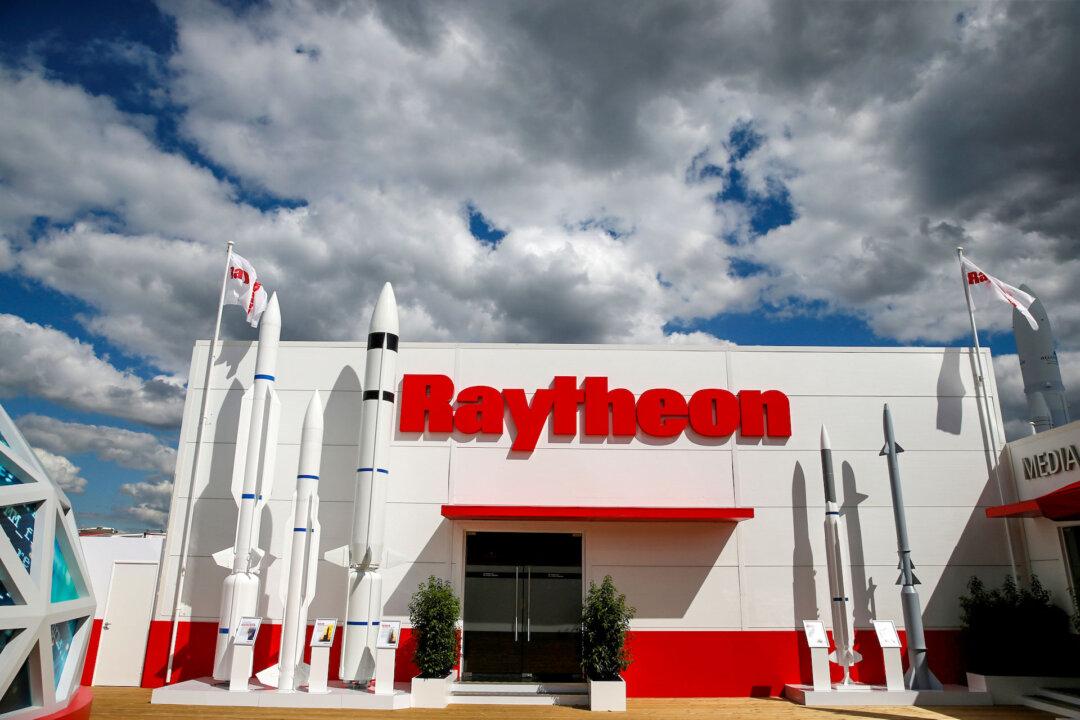Raytheon, a subsidiary of defense contractor RTX, has agreed to pay more than $950 million to resolve federal investigations into government contract fraud, as well as violations of anti-corruption and export control laws.
The settlement, announced by the Department of Justice (DOJ) on Oct. 16, addresses allegations involving defective pricing on military contracts with the U.S. government, as well as illegal bribes to a Qatari official, with the resolution involving both civil and criminal penalties.





